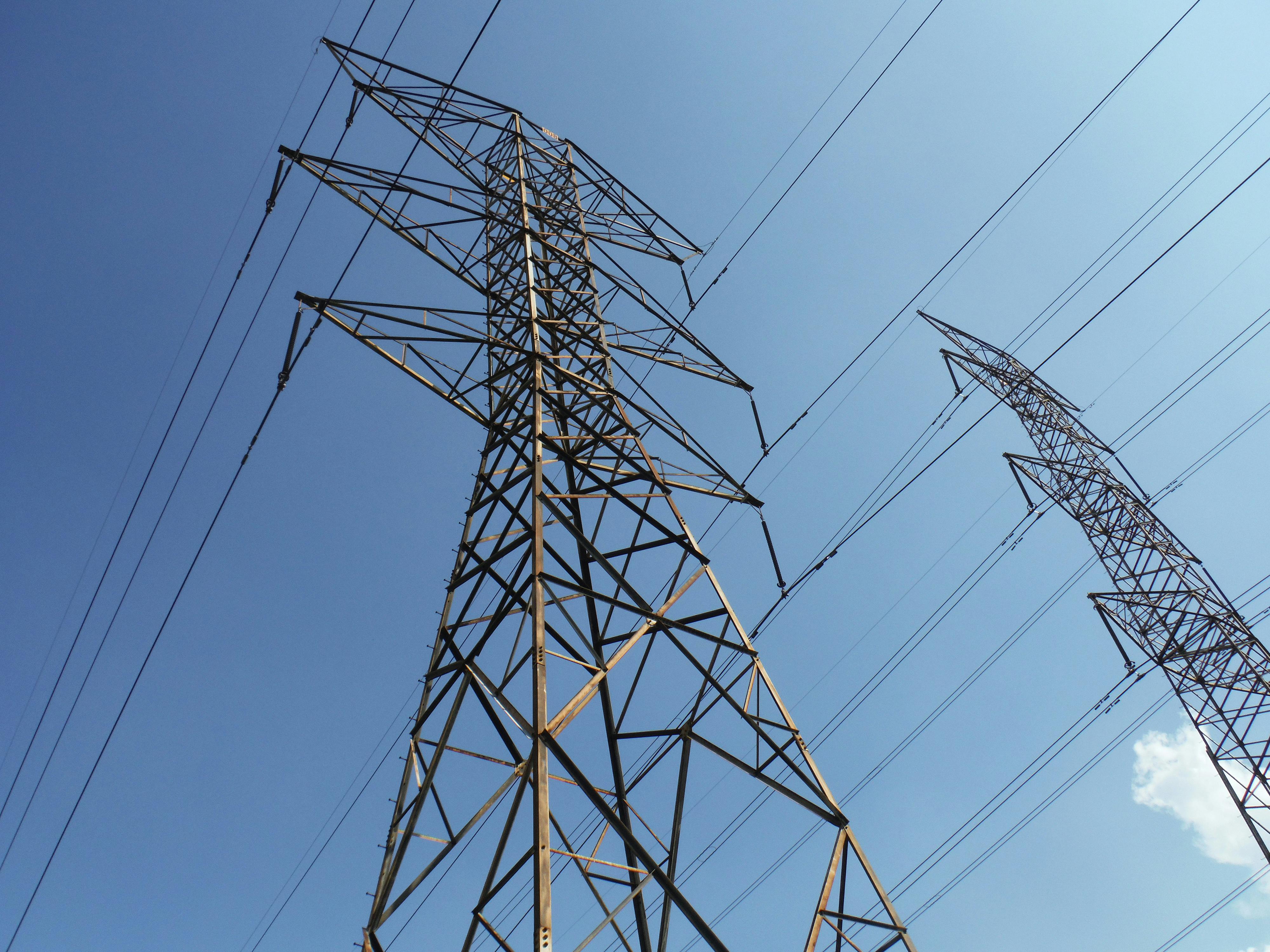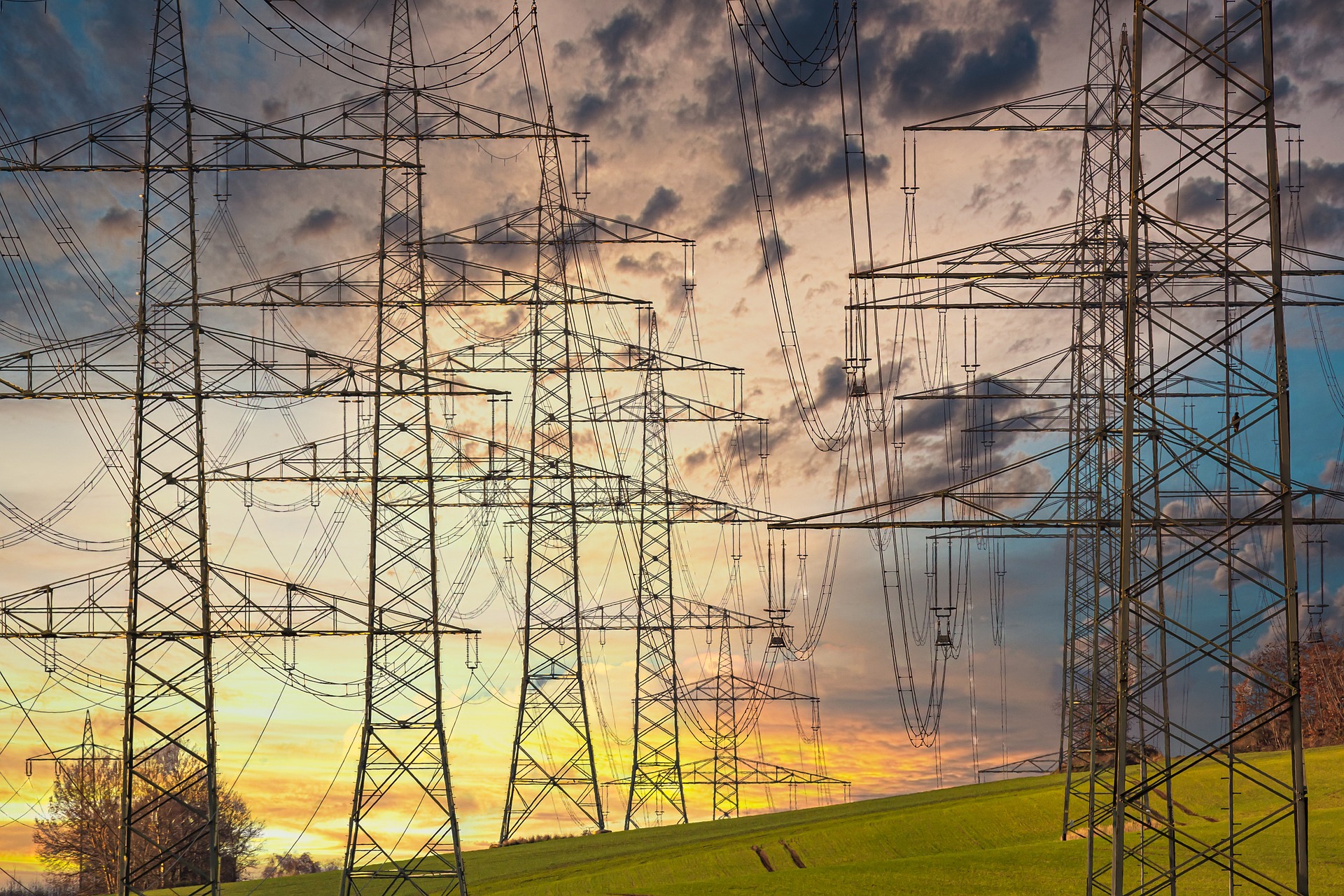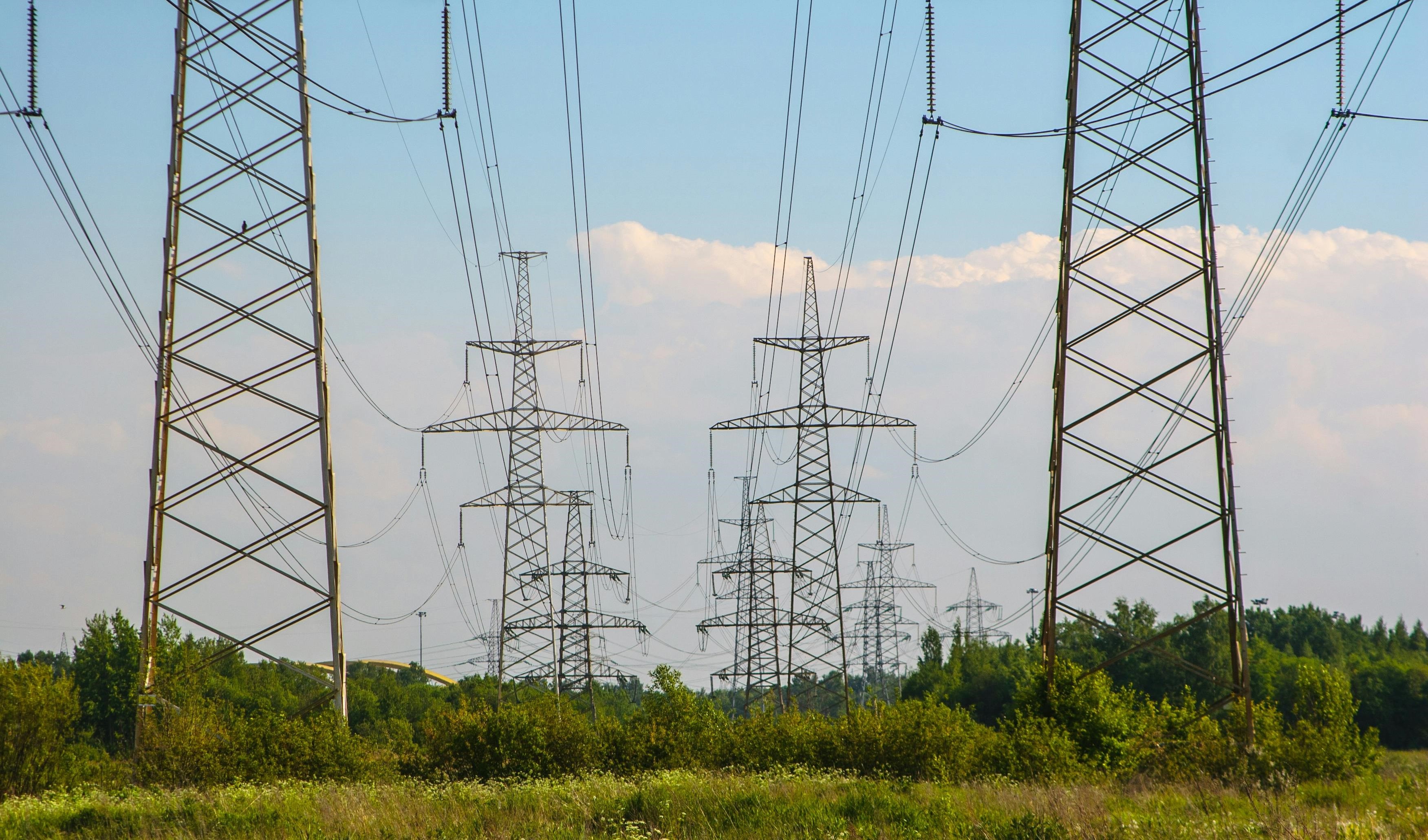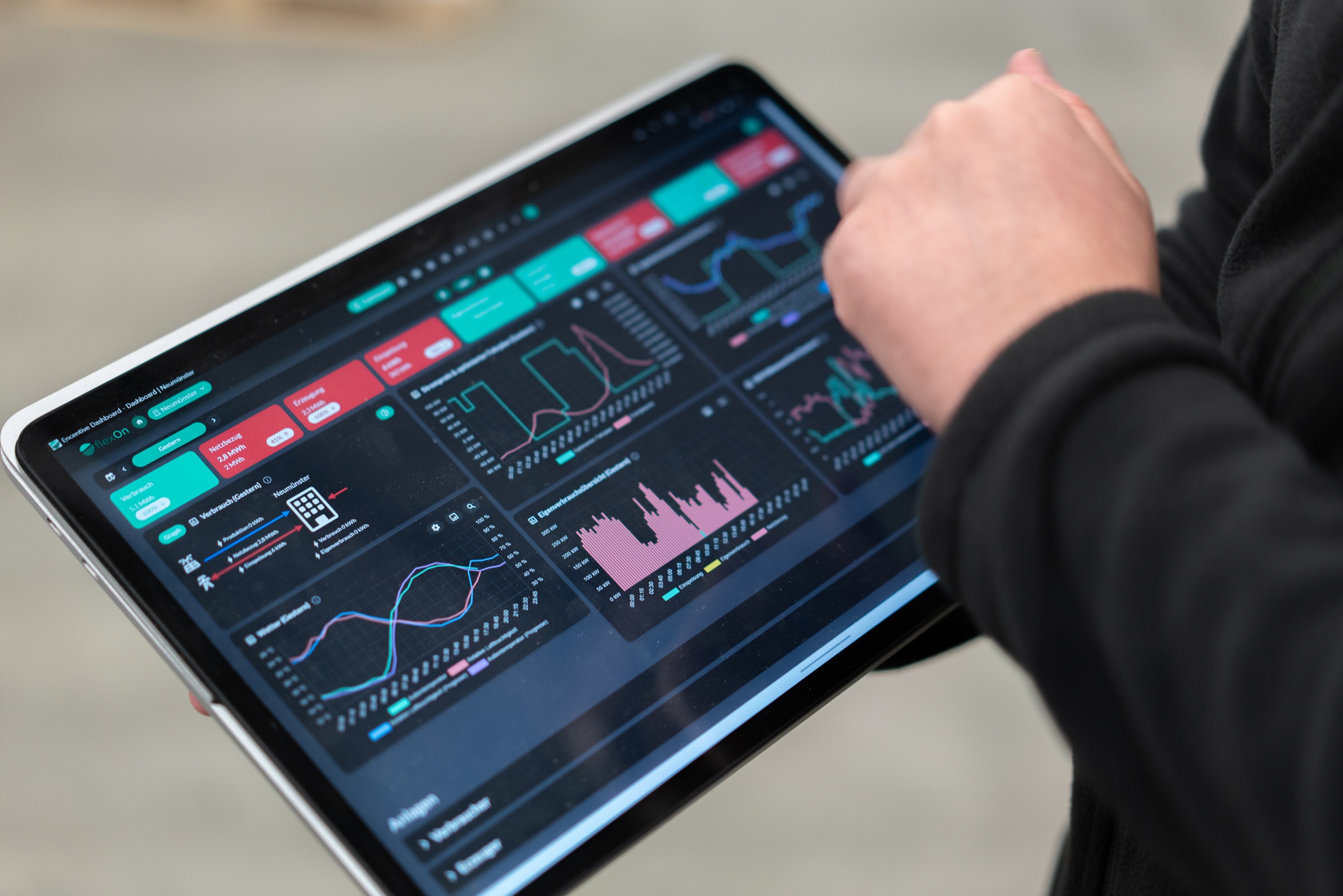The new flexible grid charges for industrial customers
The German Federal Grid Agency is planning to adjust the regulations for individual grid charges for industrial customers. As a result of the energy transition, the framework conditions of the energy system are currently changing. The new regulations, which were set out in the recently published key point paper on Section 19 (2), should take this into account.

At the end of July, the German Federal Grid Agency published a key point paper on Section 19 (2) of the power grid charges ordinance in order to promote flexibility in grid operation in the future. It explains the background, the current status of grid charges regulations and the proposed changes. In this article, we summarize the most important content and the effects on industrial companies.
Individual grid charges: The current status in accordance with Section 19 (2)
The regulations on individual grid charges in accordance with Section 19 (2) of the power grid charges ordinance currently state that certain actors receive special grid charges. These individual grid charges are used to take special circumstances into account or to promote specific behavior. For industry and commerce, special grid charges for power-intensive and atypical grid usage are particularly important.
- Power-intensive grid usage (base load): In the case of base load, a uniform, constant consumption of power is promoted. This is intended to ensure grid stability and create planning security for grid operators. Companies that consume a consistent amount of power around the clock therefore benefit from significantly reduced grid charges.
- Atypical grid usage: This regulation aims to reduce the costs of the power grid dimension. This is achieved by companies setting their individual annual maximum load outside typical peak periods. In concrete terms, this means that companies pay less to use the grid if they shift their highest power consumption to periods of low grid utilization. Our flexOn smart energy management platform does this automatically for our customers.
According to the German Federal Grid Agency, these individual grid charges will save companies in Germany over one billion euros in grid charges in 2024 alone.
Consequences of the energy transition: Why the old incentives no longer fit
The energy transition has significantly changed the way energy is generated. Renewable energy sources such as solar and wind energy are being expanded and conventional power plants, which produce power constantly, are being shut down. The supply of energy is volatile, i.e. fluctuating and dependent on sun and wind. This leads to new requirements in grid operation, which means that the existing grid charges incentives must be reassessed. The German Federal Grid Agency has also identified this need.
While constant consumption patterns used to contribute to grid stability, this is no longer the case under the new conditions. Inflexible behavior can now hinder the integration of renewable energy sources. Critical grid situations, such as in the case of the overloading of the power grid in Oranienburg, are aggravated as a result. Atypical grid usage is still important because it can contribute to limiting grid capacity and costs through targeted load shifting.
The criticism of base load privilege
The base load privilege explained above promotes constant energy consumption that no longer make sense under the changing conditions of the energy transition. The expansion of renewable energy requires greater flexibility on the part of electricity consumers in order to facilitate the integration of volatile feed-ins and reduce the overall costs of the energy system.
A major criticism of the current regulation is that it slows down flexibility. The existing base load regulation prevents large electricity consumers from reacting flexible to market and grid signals. This leads to the unnecessary shutdown of solar and wind systems, which runs counter to energy efficiency and has economic disadvantages. It makes the energy transition more difficult.
The new flexible grid charges in accordance with Section 19 (2)
The German Decision Chamber plans to promote system-friendly behavior by creating incentives for flexible grid usage. This should be achieved by adjusting individual grid charges. Companies should receive privileges if they increase their energy usage in times of low grid utilization and reduce them in times of high utilization. This behavior can promote market integration of renewable energy and reduce costs. Atypical grid usage continues to be promoted.
How industrial customers benefit from flexible grid charges
In the long term, the new flexible grid charges should support sustainable energy supply. In the key point paper, the German Federal Grid Agency writes that implementing the incentives can pose a challenge for companies. We and our customers cannot confirm this assumption. Our flexOn energy management system is already optimizing our customers' power consumption for fluctuating prices, the availability of renewable energy and atypical grid usage – fully automated.
First, our AI analyses internal and external data. Power consumption is then simultaneously optimized for various factors such as market price, PV generation, atypical grid usage and energy efficiency. flexOn creates an optimized schedule based on this, according to which the platform automatically controls our customers' systems. Through this functions our customers react to market signals without manual intervention. With flexOn, they save five to six figures a year and will be able to fully benefit from the new incentives in the future. The only step that is necessary for industrial companies to benefit from the flexible grid charges: Become our customer!




.png)


















